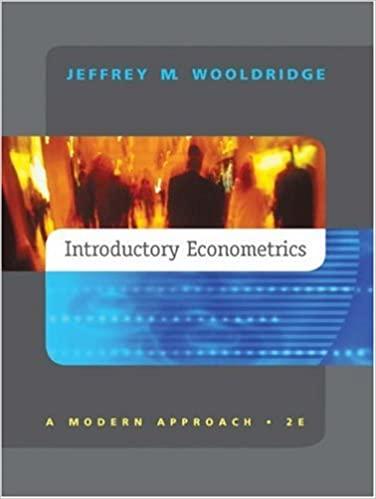Question
There are around 12 questions. Please help me with all of them. If my answer is wrong, please tell me what's the corrected one is.

There are around 12 questions. Please help me with all of them. If my answer is wrong, please tell me what's the corrected one is.
1.Watch the video: https://www.youtube.com/watch?v=tpMsBi47k8Q When examining the US national debt what is an effective way of putting the data into context (rather than looking at total public debt)?
A.total interest paid on the debt
B.debt-to-GDP ratio
C.deficit-to-debt ratio
D.total debt for the most recent year
E.US credit rating
2.What country had the largest budget deficit (as a percentage of GDP) in 2018 See https://www.imf.org/external/datamapper/GGXCNL_NGDP@WEO/OEMDC/ADVEC/WEOWORLD
A.Venezuela
B.Greece
C.Japan
D.USA
E.Canada




Step by Step Solution
There are 3 Steps involved in it
Step: 1

Get Instant Access to Expert-Tailored Solutions
See step-by-step solutions with expert insights and AI powered tools for academic success
Step: 2

Step: 3

Ace Your Homework with AI
Get the answers you need in no time with our AI-driven, step-by-step assistance
Get Started


